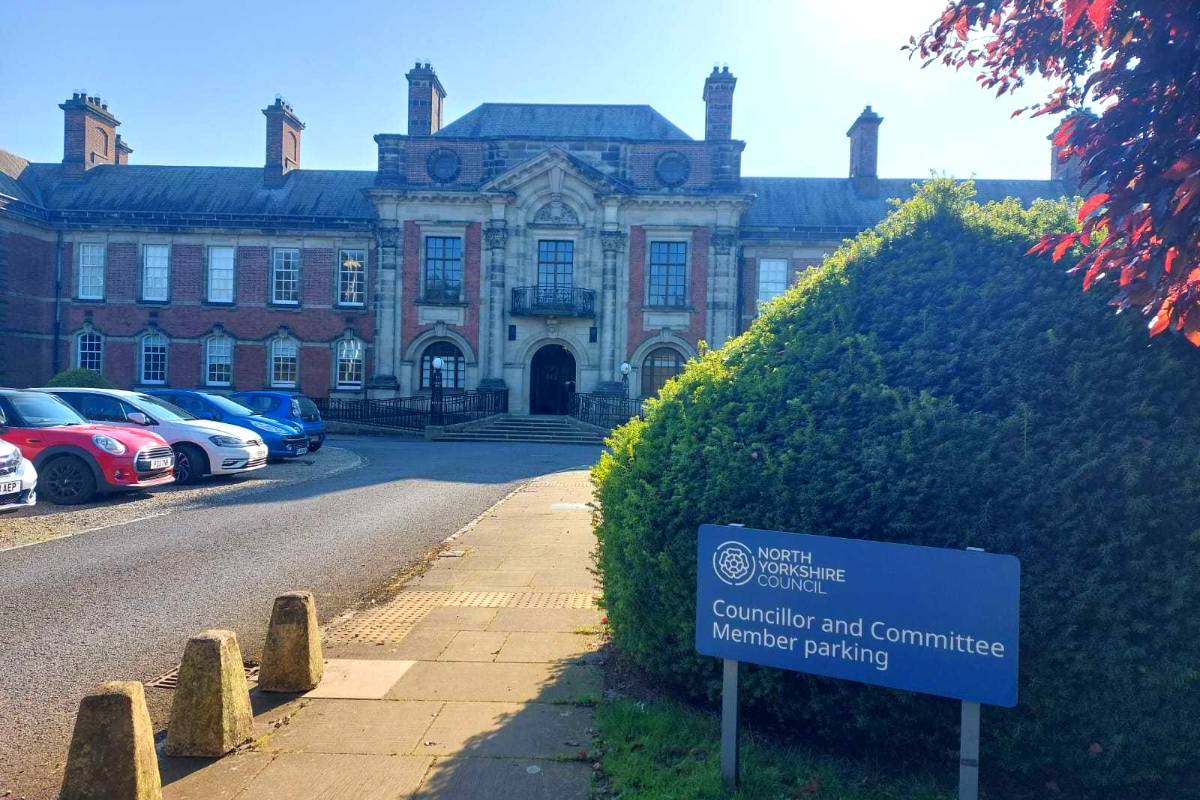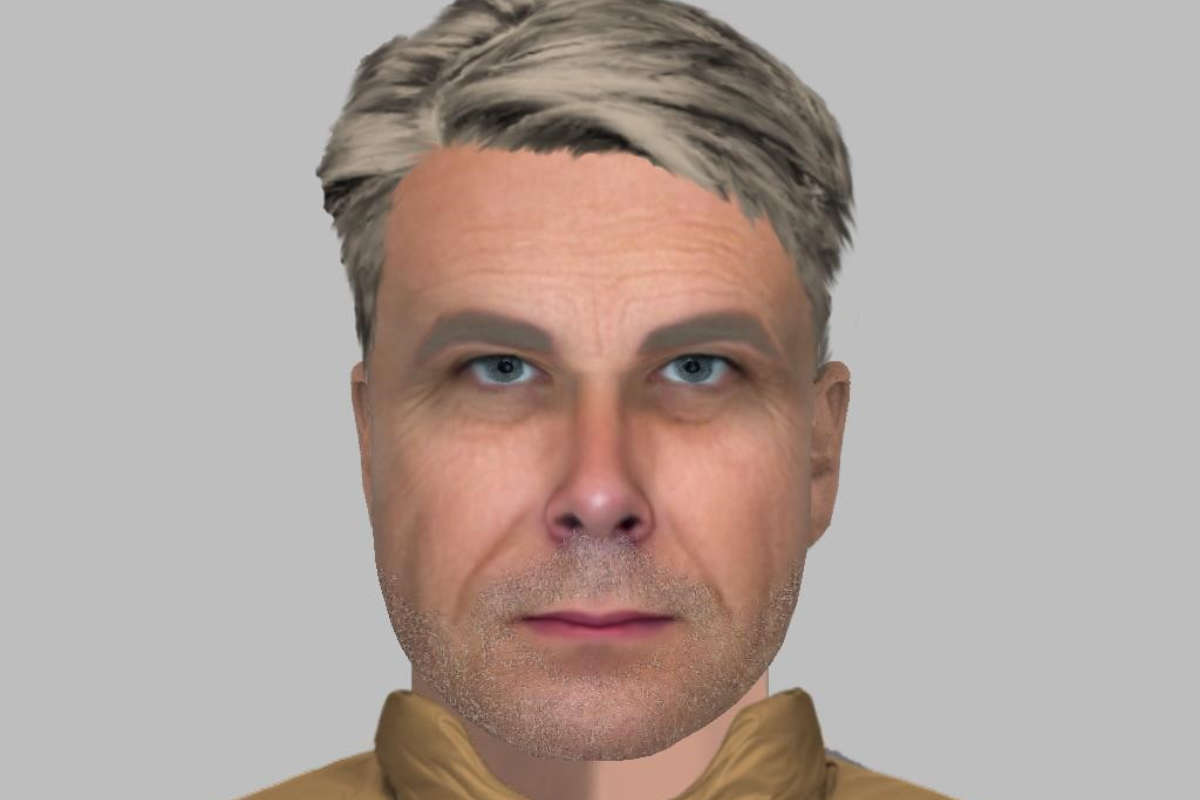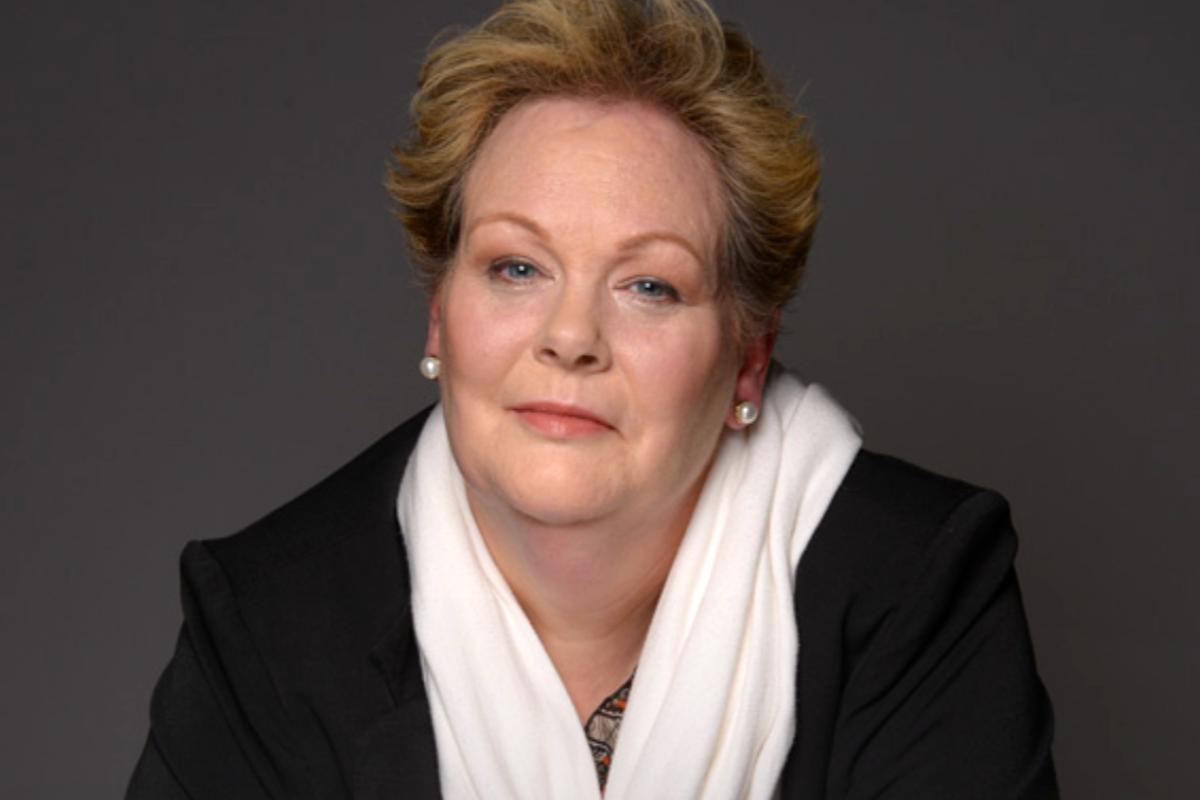
The Labour Government has been accused of ‘almost having it in for North Yorkshire’ after ministers rejected funding plans for children in the county with special educational needs.
North Yorkshire Council bosses hit out at the Department for Education (DfE) following its refusal to allow the authority to transfer around £2m from its mainstream schools allocation to its high needs budget.
The decision puts further pressure on school funding in the county, with council officers estimating the Send budget will have a deficit of £29m by March 2026.
Council chiefs say the decision will also impact on the level of service it can offer, and will ultimately hit taxpayers in the pocket.
The Council's Executive member for education - Councillor Janet Sanderson says she is disappointed with the decision.
Council leader, Councillor Carl Les, described the decision as “somewhat perverse”,
Executive member, Councillor Mark Crane, went further in expressing his disappointment with the governments decision.
Stuart Carlton, corporate director for children and young people’s service, said the authority had asked the government to reconsider its decision.
He pointed out that a highly critical report by the government watchdog, the National Audit Office (NAO), found that Send funding was “financially unsustainable” and that none of the steps proposed by DfE would address the challenges faced by the current system.
Mr Carlton, who was Knighted in the New Year’s Honours for his services to children, said:
“I would suggest the Department (for Education) needs to read the National Audit Office report into their own provision and the way they’ve gone about it.
“It’s very clear the system is unsustainable financially and it’s their system to amend.”
The DfE local authorities’ applications for requests to transfer funding from their schools block to high needs were considered on a case by case basis, according to the criteria set out in guidance to schools.
Officials said they were engaged with North Yorkshire Council on the outcome of its application.
News of the decision come just weeks after council chiefs accused the Government of ‘cherry picking’ urban authorities for extra funding and leaving rural authorities in a perilous financial position by cutting their grants.
Leaders at North Yorkshire Council warned of ‘very difficult choices ahead’ after calculating a further shortfall of almost £6.5m due its local government funding settlement.
The council says it is already having to plug gaps left by the loss of the £14.3m rural services delivery grant and a further £7m shortfall from increases in employers’ National Insurance contributions.
The authority’s executive will consider the next financial year’s proposed budget, which includes plans to instigate a 4.99 per cent rise in council tax to counter the deficit, when members meet on Tuesday next week.
The council has been given the fourth worst core funding settlement in the country - the other three local authorities also cover large rural areas in Herefordshire, Rutland and Shropshire.
Core spending power is a measure of the resources which are available to local authorities to fund essential services ranging from waste collection and recycling to social care and highways maintenance.
It sets out the money that has been made available to councils through the finance settlement from the Government, although it is based on the principle of a 4.99 per cent increase in council tax.
North Yorkshire Council’s leader, Cllr Carl Les, said:
“All councils across the country are facing immense financial pressures but the funding settlement which we have been handed by the Government will mean that we are faced with an even tougher situation than we had expected.
“We are acutely aware that all of our communities are feeling the impact of the cost of living, and we certainly do not want to compound those pressures.
“However, we are now faced with a council tax rise of 4.99 per cent to help to counter the multi-million pound shortfall which we are facing in the council’s budget for the next financial year. If we don’t push ahead with the 4.99 per cent increase, the financial deficit will be even worse.
“The Government has pledged to conduct a review of local government funding, and I would urge Ministers to ensure that there is a fair deal for all local authorities, whether they are responsible for large rural areas such as ourselves or towns and cities.”
The biggest funding pressures in North Yorkshire for the new financial year from April 1 have come about because of the loss of the rural services delivery grant as well as the rising costs of National Insurance contributions.
North Yorkshire Council received the greatest share nationally of the rural services delivery grant with £14.3 million in funding each year.
The £110 million package of funding for councils covering rural parts of England was a recognition from Westminster of the challenges of providing services.
The £5 million financial shortfall has been compounded by the unrelenting demand for care of older people, working age adults, and children and young people.
The county’s sparsely populated communities have heightened the challenges of providing services to the public, as economies of scale are far diminished when compared to more urban areas of the country.
The council spends more than £50 million each year on home to school transport and the policy has had to be revised after costs have more than doubled since 2018/19 when it was last reviewed.
The costs to the authority per pupil for home to school transport is more than three times as high as the average for other English councils due to vast rural areas of the county and the distances travelled.
Each hour of social care in North Yorkshire’s rural communities can cost £5 more than in other parts of the country because of the travel costs and the longer journey times between clients. North Yorkshire Council purchases more than two million hours of care for people in their homes each year.
Chancellor Rachel Reeves announced in the Budget in October last year that the rate that employers pay in National Insurance contributions will rise from 13.8 per cent to 15 per cent on workers’ earnings from April next year.
The decision has left North Yorkshire Council facing a predicted £7 million shortfall, even with an estimated £5 million grant from the Government to cover the rising cost of National Insurance contributions.
Once all aspects of the local government settlement are taken into account with some funding increases in specific grants, North Yorkshire Council has still been left with the £5 million overspend.
North Yorkshire Council’s deputy leader, Cllr Gareth Dadd, whose responsibilities include the authority’s finances, said:
“We will carefully consider the budget proposals when the executive meets as we want to ensure that we are offering the very best value we can for our residents and businesses.
“However, we are faced with some very tough choices to try to balance our books. We are due to have to use our financial reserves to cover the deficit which means that once that money is spent, we cannot recoup it.”
The council’s share is by far the largest percentage of the council tax bills, which also include precepts for police and fire as well as town and parish councils.
The executive will consider the financial plan for the next financial year before the proposed budget will then be discussed at a full council meeting next month (February) before it due to be adopted.
The council’s proposed budget for 2025/26 would see a rise of council tax of 4.99 per cent, including a two per cent precept for adult social care, in North Yorkshire to counter the financial challenges, equating to an increase of £92.18 per year for an average Band D property to a total bill of £1,939.54.
Following the launch of North Yorkshire Council in April 2023, a plan has been drawn up to achieve more than £52 million in further savings – although this has still left a predicted £34 million annual deficit by March 31, 2028.




 Scarborough Athletic Fans, Finance Director and Manager Speak of Emotional Week at the Club
Scarborough Athletic Fans, Finance Director and Manager Speak of Emotional Week at the Club
 Police Release E-Fit After East Riding Assault
Police Release E-Fit After East Riding Assault
 Filey Food & Drink Festival Weekend
Filey Food & Drink Festival Weekend
 Whitby Town On Verge of Safety After Thriller
Whitby Town On Verge of Safety After Thriller
 Scarborough Athletic Leave It Late in County Durham
Scarborough Athletic Leave It Late in County Durham
 Key Weekend in Bridlington Town's Relegation Battle
Key Weekend in Bridlington Town's Relegation Battle
 Tour of Britain Cycle Event for Dalby Forest
Tour of Britain Cycle Event for Dalby Forest
 Look Out For Bridlington Lifeboat's Pirates On The Promenade
Look Out For Bridlington Lifeboat's Pirates On The Promenade
 Chaser Returns to Scarborough for Panto Season
Chaser Returns to Scarborough for Panto Season
 Scarborough Athletic Pitch Could be Out of Action for 44 Weeks And Cost £3m to Repair
Scarborough Athletic Pitch Could be Out of Action for 44 Weeks And Cost £3m to Repair
 North Yorkshire Police Report Significant Improvement in Call Answer Times
North Yorkshire Police Report Significant Improvement in Call Answer Times
 Ryedale Sex Offender Confronted By Angry Mother
Ryedale Sex Offender Confronted By Angry Mother








Comments
Add a comment